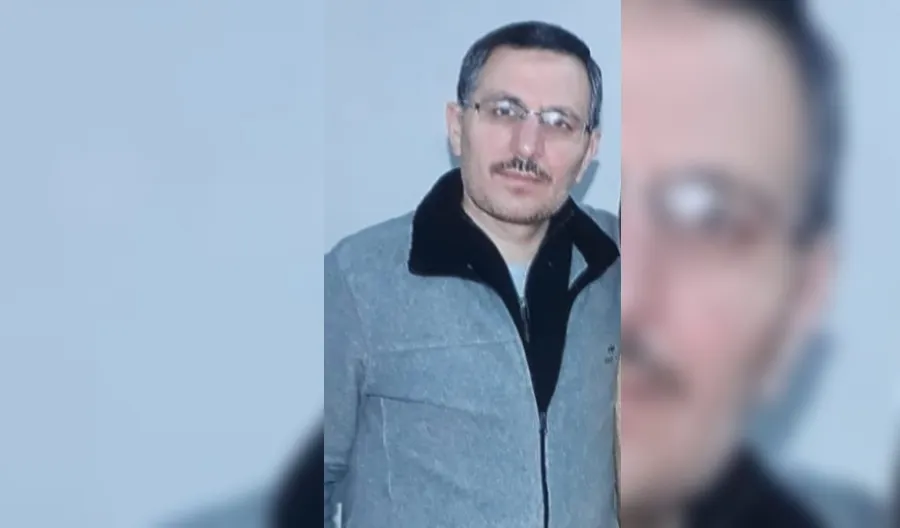A former teacher who was arrested for alleged links to the Gülen movement shortly after surgery to remove a tumor from his brain has suffered a second relapse and is requesting his release to seek medical treatment, the Stockholm Center for Freedom reported.
According to the Bold Medya news website, 54-year-old Abdullah Aslan cannot access proper healthcare in prison and cannot even go to the hospital on a regular basis. “I was arrested shortly after undergoing brain surgery. But I was not able to receive chemotherapy in prison, and the tumor has returned. It’s impossible for me to fully recover in prison,” he said in an appeal.
Aslan’s first operation was in 2007, but the tumor came back in 2017. Only three days after his second operation, Aslan was arrested, in December 2017. He was sentenced to 10 years, 15 months in prison, but the sentence was overturned by the Supreme Court of Appeals.
A year later Aslan’s retrial started, and in his first court appearance he denied all accusations and demanded his release.
Turkish President Recep Tayyip Erdoğan has been targeting followers of the Gülen movement, a faith-based group inspired by Turkish cleric Fethullah Gülen, since the corruption investigations of December 17-25, 2013, which implicated then-prime minister Erdoğan, his family members and his inner circle.
Dismissing the investigations as a Gülenist coup and conspiracy against his government, Erdoğan designated the movement as a terrorist organization and began to target its members. He intensified the crackdown on the movement following a coup attempt on July 15, 2016 that he accused Gülen of masterminding. Gülen and the movement strongly deny involvement in the abortive putsch or any terrorist activity.
Turkish authorities have denied political prisoners, even those with critical illnesses, release from prison so they can at least seek proper treatment. Human rights activists and opposition politicians have frequently criticized authorities for not releasing critically ill prisoners.
Human rights activists have repeatedly demanded the release of sick prisoners. In a recent statement human rights organizations in Diyarbakır, İzmir and İstanbul said they did not want to see inmates leave prisons in coffins.
“Turkish President Recep Tayyip Erdogan and his government have ignored our please to release critically sick prisoners,” they said. “We have been working tirelessly to ensure sick prisoners are safely at home, but to no avail. However, we will never accept such unlawful practices.”
Families of sick prisoners have been protesting in front of the Diyarbakır courthouse for 185 days, demanding that their loved ones be released. “Politicians keep talking about peace and justice, but nobody remembers justice when it comes to prisoners,” they said in a statement on Friday.
According to the most recent statistics published by the Human Rights Foundation (İHD), the number of sick prisoners is in the thousands, more than 600 of whom are critically ill. Although most of the seriously ill patients have forensic and medical reports deeming them unfit to remain in prison, they are not released. Authorities refuse to free them on the grounds that they pose a potential danger to society.
A number of critically ill prisoners passed away in 2020 because they were not released in time to receive proper medical treatment. Three critically sick inmates died in the first three months of this year in prison.

